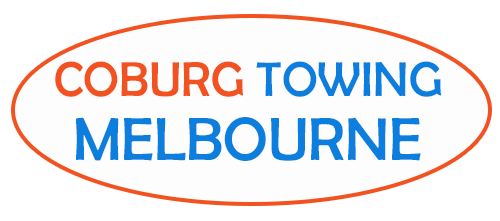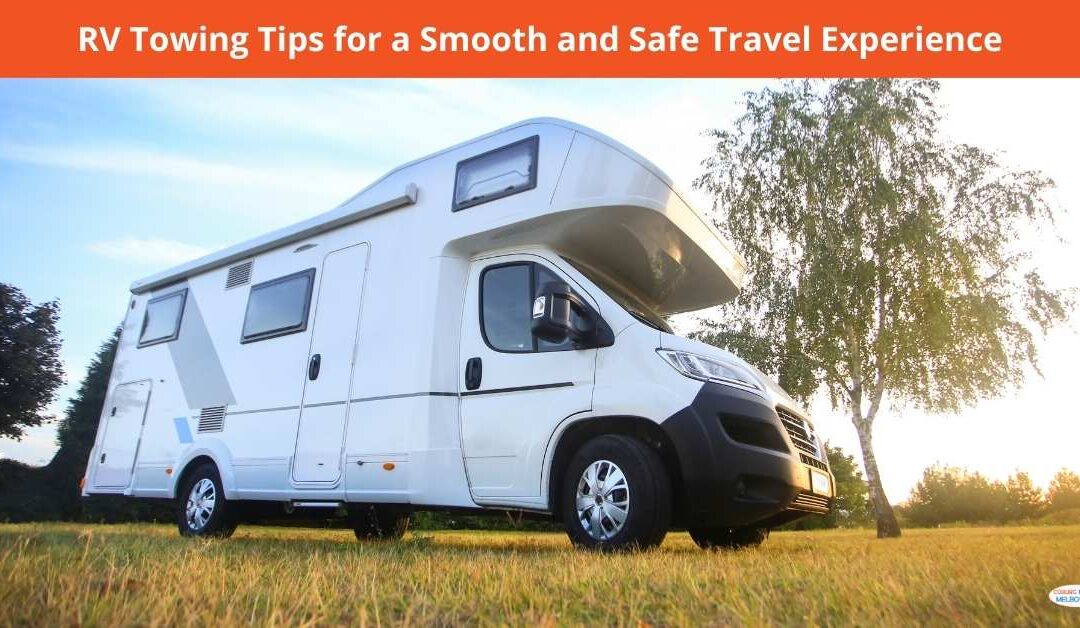Towing an RV can open up a world of travel possibilities, allowing you to explore scenic routes and remote destinations. However, it’s essential to ensure that your journey is both smooth and safe. Whether you’re towing a small camper or a large motorhome, preparation and understanding the nuances of RV towing are key to a hassle-free experience. Here are some tips to help you tow your RV with confidence.
1. Know Your Vehicle’s Towing Capacity
Before hitting the road, it’s crucial to know your towing vehicle’s capacity. Every vehicle has a maximum weight it can tow safely, which is known as the Gross Trailer Weight (GTW). Exceeding this capacity can strain your vehicle’s engine, transmission, and braking system, leading to accidents or breakdowns. You can find your vehicle’s towing capacity in the owner’s manual or by checking the manufacturer’s website.
Pro Tip:
Also, be mindful of the Gross Combination Weight Rating (GCWR), which includes the weight of the vehicle, RV, cargo, passengers, and any additional gear.
2. Properly Distribute Weight
How you load your RV matters. Distribute weight evenly from side to side and make sure about 60% of the total weight is placed towards the front of the RV, closest to the towing vehicle. This helps maintain balance and reduces the chances of trailer sway during travel.
Pro Tip:
Avoid overpacking the rear end of your RV. A light front and heavy rear can create instability and increase the risk of losing control.
3. Use the Right Hitch and Ensure Proper Connections
Choosing the correct hitch for your RV is vital. A weight-distribution hitch can help balance the load between the RV and the tow vehicle, making for a safer ride. Make sure all connections, including safety chains and electrical wiring for lights, are properly secured before every trip.
Pro Tip:
Install an anti-sway bar if you’ll be towing a large RV. It helps keep the trailer steady, especially during windy conditions or on highways.
4. Check Tire Pressure Regularly
Both your towing vehicle and RV tires must be in excellent condition. Low tire pressure can affect your handling and increase the risk of blowouts. Ensure that your tires are properly inflated before every trip. Use a tire pressure gauge to maintain manufacturer-recommended levels for both the RV and tow vehicle.
Pro Tip:
Invest in a tire pressure monitoring system (TPMS) for real-time alerts, helping you avoid issues on the road.
5. Mind Your Braking Distance
Towing an RV increases your vehicle’s stopping distance due to the added weight. Always allow extra space between your vehicle and the one in front of you. This is especially important when driving on highways or descending steep hills.
Pro Tip:
Consider adding a trailer brake controller to your setup. It synchronizes the braking system between your tow vehicle and the RV, providing smoother and quicker stops.
6. Practice Towing in Safe Areas
If you’re new to towing, practice in a wide-open space before hitting the road. Get familiar with how your vehicle handles turns, reversing, and parking with the RV attached. Practicing in a safe environment will boost your confidence and improve your towing skills.
Pro Tip:
Learn how to adjust your mirrors for wider visibility, and practice using them to spot your RV’s sides and rear.
7. Drive at Safe Speeds
It can be tempting to push the speed limit, especially when you’re on long stretches of highway. However, driving too fast while towing can increase the risk of trailer sway, reduce your reaction time, and lead to accidents. Stick to a moderate speed that allows you to maintain control of both your vehicle and RV.
Pro Tip:
Stay under 60 mph when towing. This not only enhances safety but also improves fuel efficiency.
8. Plan Your Route Ahead of Time
Not all roads are RV-friendly, and you might encounter tight turns, low overpasses, or narrow roads that are difficult to navigate. Plan your route using apps or GPS systems specifically designed for RV travel. They’ll help you avoid restricted areas and provide alerts on important considerations such as bridge heights.
Pro Tip:
Choose campgrounds with pull-through spots for easy parking, especially if you’re new to backing up an RV.
9. Perform Pre-Trip Inspections
Before setting off on each trip, conduct a thorough inspection of both your RV and towing vehicle. Check fluid levels, brakes, lights, and electrical connections. Look for any signs of wear or damage to the tires, hitch, and towing equipment.
Pro Tip:
Create a pre-trip checklist to ensure you don’t miss anything important.
10. Stay Calm and Take Breaks
Towing an RV requires more focus and attention than driving a regular vehicle. Don’t rush. Take breaks every few hours to rest, inspect your setup, and refuel. Staying refreshed will improve your alertness and reaction time, leading to a safer journey.
Pro Tip:
Use rest stops or large parking areas for breaks, where you have enough space to park with ease.
Final Thoughts
Towing an RV can be a rewarding experience if you’re well-prepared and follow safety guidelines. By knowing your vehicle’s limits, properly distributing weight, and maintaining a steady speed, you’ll ensure a smoother, safer travel experience. Take your time, enjoy the journey, and embrace the freedom that RV travel offers! Safe travels!
If you are in Fawkner, Victoria 3060, and looking for a car removal service, this is the best way to visit us.
Coburg Towing Melbourne
31 Cameron St,
Coburg VIC 3058
03) 9999 7525


Recent Comments